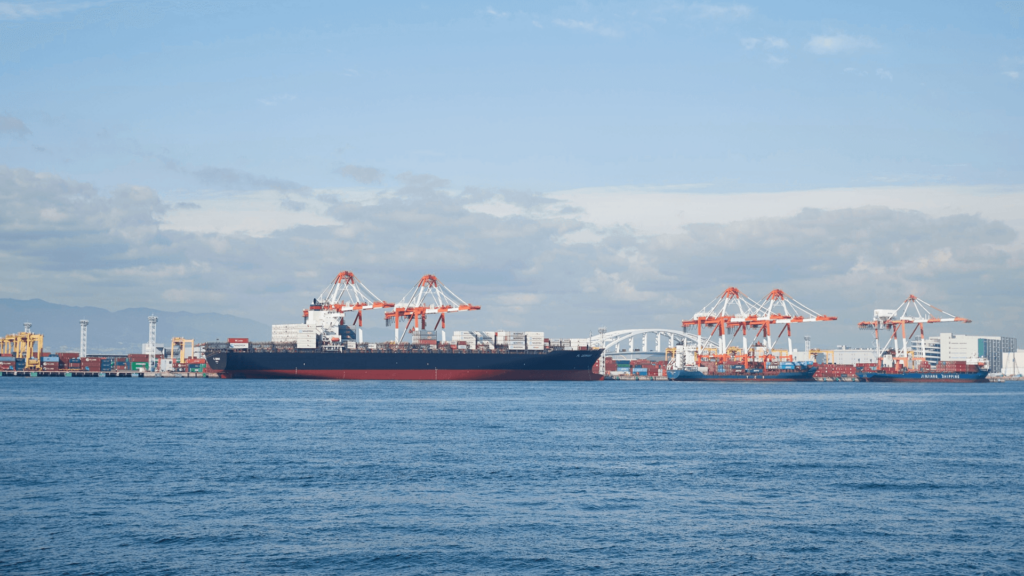
Digitalization is producing a dramatic change in the transportation sector, across and within existing modes of mobility. On the one hand, the Information and Communication Technologies (ICTs) have enabled the development of new mobility solutions, often embraced by citizens and customers, disrupting the long-lasting reign of traditional mobility modes, such as rail. On the other hand, the ICTs are also transforming traditional mobility modes, by making them potentially safer, more user-friendly and more reliable.
More and more, railways are becoming just one element of a complex mobility system that is, thanks to the ICTs, increasingly integrated, connected, efficient and user-friendly, providing customers with seamless end-to-end journeys that combine all modes of transport available. While the “Mobility-as-a-Service” paradigm seems to be driving the future of transportation, railway undertakings – as mass transportation providers – have a lot to win (or lose) in the shift from transport device ownership to mobility access and usership. Data is key to this development, which comes with risks, among which (cyber) security and the integrity of personal data of individual passengers. Clear rules on how to handle various types of data are needed to fully make use of the vast potential data analysis can offer.
The 14th Florence Rail Forum will look at the new emerging mobility system in a wider perspective, focusing especially on long-distance passenger transportation. The discussion will revolve around four questions, and in each session speakers and participants will have the chance to contribute to the discussion moderated by Prof Matthias Finger. Following the usual format of the Florence School of Regulation, the 14th Florence Rail Forum aims at offering a platform for senior stakeholders from regulators, railway undertakings, infrastructure managers, rail suppliers, authorities, associations and academics to take stock of topics relevant to mobility regulation and policies. Among others, Mr Keir Fitch, Head of Unit of the DG MOVE Unit C4 “Rail Safety and Interoperability”, will be present and engage in the debate. The Forum will address the following topics:
For more information or early registration, please contact FSR.Transport@eui.eu
To learn more about our activities in the field of rail regulation, please visit our dedicated webpage.
European Transport Regulation Observer
Introduction to the 14th Florence Rail Forum – MATTHIAS FINGER, Part-time Professor & Director of the Transport Area, Florence School of Regulation/EUI; and Professor, Ecole Polytechnique Fédérale de Lausanne
Introduction to the 14th Florence Rail Forum – KEIR FITCH, Head of Unit “Rail Safety & Interoperability”, European Commission, DG MOVE
What are the consequences of digitalization on mobility services? – MAXIME AUDOUIN, PhD Researcher, Chair Management of Network Industries (MIR), EPFL
What are the consequences of digitalization on Logistics – SAMUEL KENNY, Freight & Rail Policy Officer, Transport and Environment
Mobility as a Service and Interoperability: new regulatory framework requirements – RICCARDO SANTORO, Manager Innovation Programs, Ferrovie dello Stato Italiane
What is the impact of new mobility services on the rail sector and its regulation? – LUIGI LICCHELLI, Location Manager Florence, Car2Go
What is the impact of new mobility services on the rail sector and its regulation? – ANDREA CAMANZI, President, Italian Transport Regulation Authority
What is the impact of new mobility services on the rail sector and its regulation? – MARIA SOBRINO RUIZ, Head of Market Studies Unit, Spanish Competition and Markets Authority
Which strategies for railway undertakings to address Mobility as a Service? – MARKUS KSOLL, Head of Competition and Regulatory Policy, DB
Mobility as a Service: the role of railway undertakings – VICTOR VAUGOIN, Head of Brussels Office, ÖBB
Which strategies for railway undertakings to address Mobility as a Service? – KENJI MURASAKI, Deputy Head of Brussels Office, EJRC
Data sharing among mobility operators: legal obligations, voluntary cooperation and external disruptions? – LUCA ARNOLD, Head of Regulatory and International Affairs, SBB
Data sharing among mobility operators: legal obligations, voluntary cooperation and external disruptions? – NICK BROOKS, Head of EU Affairs, Trainline
Infrastructure funding challenges in the sharing economy – JUAN MONTERO, Profesor Contractado, UNED Madrid; and Visiting Fellow, EUI
#ThankYou all (also those who are missing in the picture!) for engaging in the debate at our 14th #Rail Forum! >> https://t.co/oGFXZwV8JD pic.twitter.com/Syz2TkqhhB
— FSR Transport (@FSR_Transport) 22 maggio 2017

The 4th Florence Rail Regulation Conference aims to discuss advancements for accelerating the growth of the railways in the EU.…

The 3rd Florence Aviation Regulation Conference aims to discuss current and future economic and regulatory policies relating to European air…

The 1st Florence Maritime Regulation Conference aims to discuss regulatory advancements that accelerate the competitiveness and sustainable development of shipping,…
To meet, discuss and learn in the channel that suits you best.